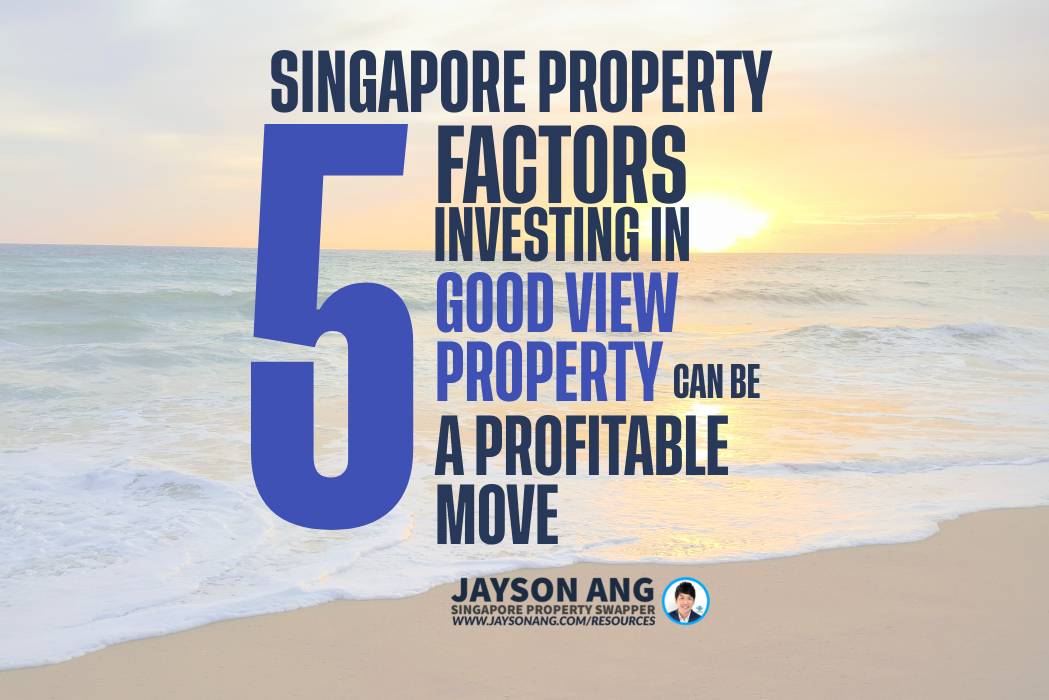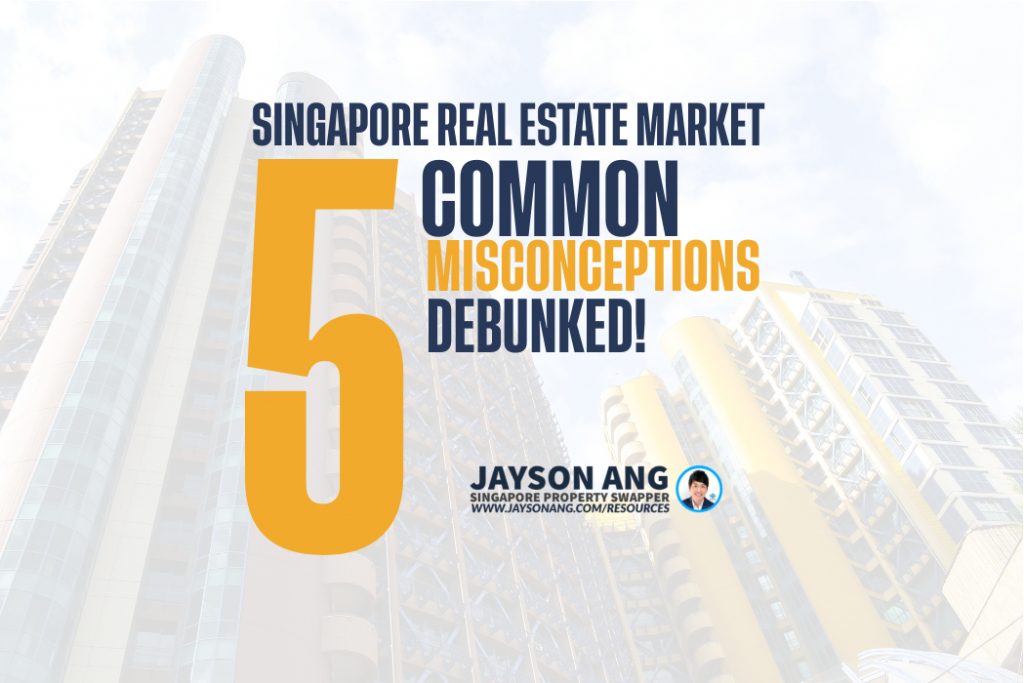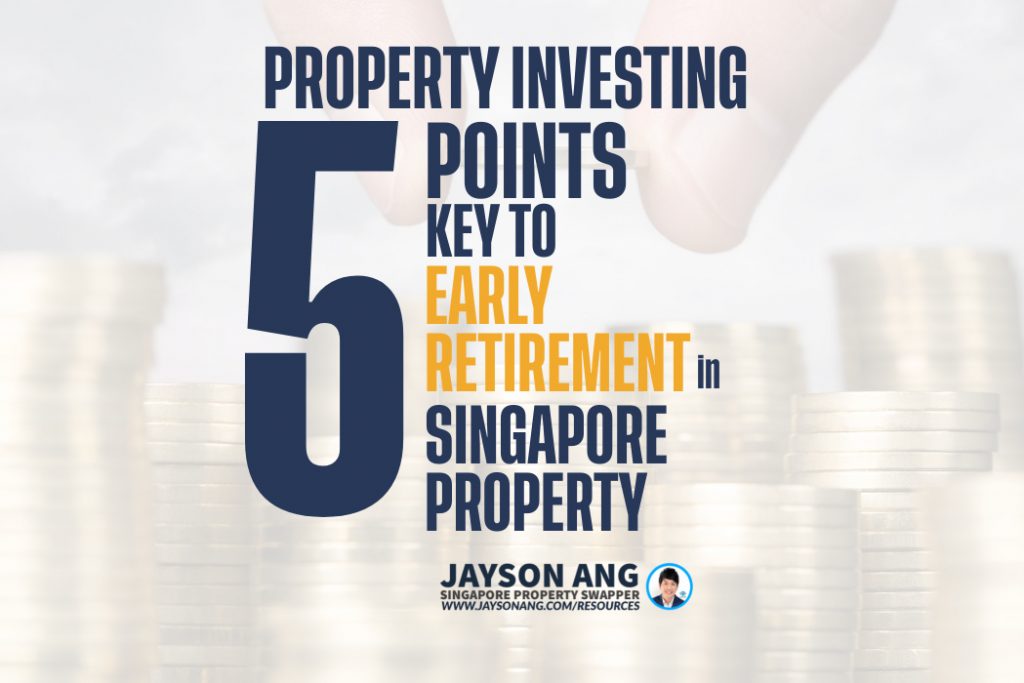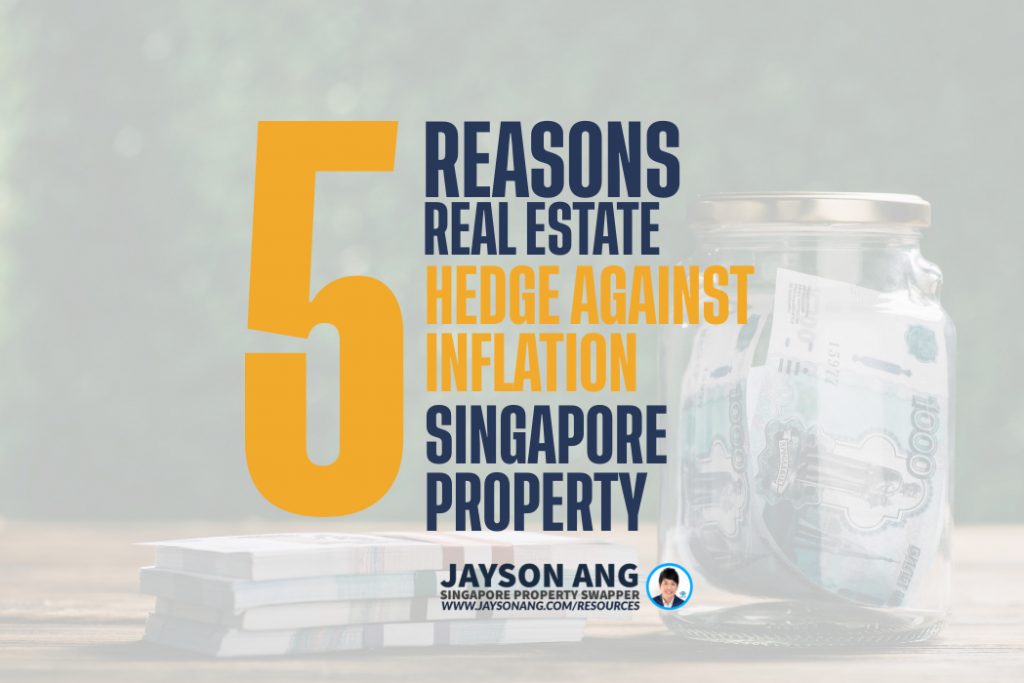Investing in Singapore property can be a profitable venture, but investors must choose the right strategy to maximize their returns.
Two of the most common strategies in Singapore property investing are flipping and holding.
We will explore in detail the advantages and disadvantages of each strategy and provide insights on how to choose the best option for your investment goals.
Flipping:
Flipping refers to buying a property with the intention of renovating and selling it quickly for a profit. This strategy can be highly profitable, but it also involves higher risks and requires more capital. Flipping can be suitable for experienced investors who have knowledge of the market and are willing to take on higher risks.
Advantages of Flipping:
- Quick Returns: Flipping allows investors to generate quick returns on their investment, as they can sell the property soon after renovations are complete.
- Control Over Renovations: Flipping gives investors control over the renovations, which can be done to improve the property’s value and increase its selling price.
Disadvantages of Flipping:
- High Risk: Flipping involves higher risks than holding, as it requires a significant amount of capital and depends on the property’s market value.
- Time-Intensive: Flipping requires a significant amount of time and effort, as investors must oversee renovations and manage the selling process.
Holding:
Holding refers to buying a property with the intention of holding it for a longer period, usually for rental income or capital appreciation. This strategy is less risky but requires a longer-term commitment and may require ongoing property management. Holding can be suitable for investors who prefer a more stable and passive investment approach.
Advantages of Holding:
- Passive Income: Holding allows investors to generate passive income through rental income, which can provide a stable and predictable stream of income.
- Lower Risk: Holding is a lower-risk strategy than flipping, as it does not require a significant amount of capital and depends less on market fluctuations.
Disadvantages of Holding:
- Long-Term Commitment: Holding requires a longer-term commitment than flipping, as investors must manage the property for an extended period.
- Property Management: Holding requires ongoing property management, which can be time-consuming and require additional expenses.
The decision to flip or hold a property in Singapore depends on various factors, including market conditions, property type, and investor goals.
Ultimately, investors should carefully consider their options and consult with professionals before making a decision. Flipping can provide quick returns but involves higher risks and requires more effort, while holding can provide a stable income stream but requires a longer-term commitment and ongoing property management.
Should You Buy, Sell or Wait?
If you’re reading this, you must be trying to figure out the best course of action right now: is it the right time to buy or sell?
It’s difficult to give an exact answer since everyone’s situation is unique and what works for one person may not necessarily work for you.
I can bring you a wealth of on-the-ground experience and a data-driven approach to provide clarity and direction. From beginners to experienced investors, our top-down, objective approach will help you on your real estate journey.
I can help you by:
- Offering Strategic Real Estate Advice – I can help create a comprehensive plan to guide you through your property journey.
- Connecting Your Home with the Perfect Buyers – Through stunning visuals, an effective communication strategy, and an in-depth knowledge of the market, we’ll ensure your home is presented in the best possible way to fulfill your goals.
You May Also Like …
















































































































